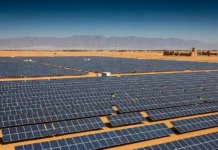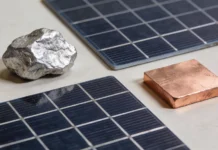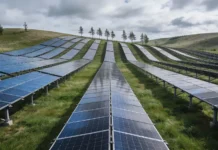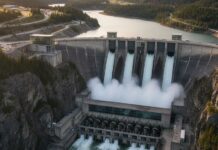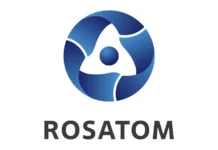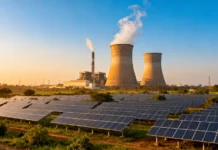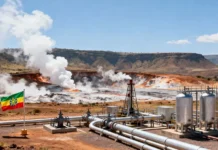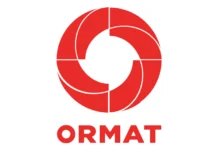Iran nuclear talks enter the decisive, dangerous endgame Thursday with a marathon final round of hardball negotiations potentially going all the way to the July 20 finish line.
The deal being sought by Iran and the five permanent members of the UN security council plus Germany would finally ease fears of Tehran getting nuclear weapons — and silence talk of war for good.
With insurgents overrunning large parts of Iraq and Syria in chaos after years of civil war, this could help Tehran and the West normalise relations at an explosive time in the Middle East.¬Ý
But failure could return both sides to the path of confrontation and even war, with neither Israel nor Washington ruling out military action.
“In this troubled world, the chance does not often arise to reach an agreement peacefully that will meet the essential and publicly expressed needs of all sides, make the world safer, ease regional tensions and enable greater prosperity,” US secretary of state John Kerry said this week.
“We have such an opportunity, and a historic breakthrough is possible. It’s a matter of political will and proving intentions, not of capacity. It’s a matter of choices. Let us all choose wisely,” Kerry wrote in the Washington Post.
“In the next three weeks, we have a unique opportunity to make history,” Iranian foreign minister Mohammad Javad Zarif said in a video message released ahead of the talks.
“To forge a comprehensive agreement over Iran’s nuclear energy programme and to end an unnecessary crisis that has distracted us from addressing together our common challenges, such as the horrifying events of the past few weeks in Iraq.”
After five rounds of talks in Vienna seeking to secure a deal by July 20 — when an interim deal struck in November expires — the differences appear considerable, however.
The last meeting from June 16-20 saw both sides begin drafting the accord, but haggling over language concerning the thorniest problems was put off until later.
The United States, Russia, China, Britain, France and Germany want Iran to reduce drastically in scope its nuclear activities in order to render any Iranian drive to assemble a weapon all but impossible.
This would include in particular Iran slashing its capacities to enrich uranium, a process producing nuclear fuel but also at high purities the core of a nuclear weapon.
French foreign minister Laurent Fabius said last month Iran has to slash the number of centrifuge enrichment machines to several hundred from almost 20,000 at present.
But Iran rejects this, saying it even needs to expand the number of centrifuges to fuel a fleet of nuclear power plants — facilities that it is however years if not decades away from having.
Demands that Iran’s programme be “radically curbed” rest on a “gross misrepresentation of the steps, time and dangers of a dash for the bomb”, Zarif said.
Writing in French daily Le Monde, Zarif said Iran “will not abandon or make a mockery of our technological advances or our scientists.”
In theory, the July 20 deadline could be extended by up to six months, and many analysts believe that such a move is already being discussed.
But US President Barack Obama, facing midterm elections in November and Republican accusations of weakness, is wary of doing anything that could be construed as simply giving Iran more time to get closer to having the bomb.
This is the long-standing accusation of Israel, the Middle East’s sole if undeclared nuclear-armed state.
But Kelsey Davenport from the Arms Control Association believes that Washington should not shy away from pushing back the deadline if necessary and if Iran is “negotiating in good faith”.
“The alternative to no deal is far worse for the international community ‚Äî a constrained, unlimited Iranian nuclear programme,” she told AFP.
¬Ý



